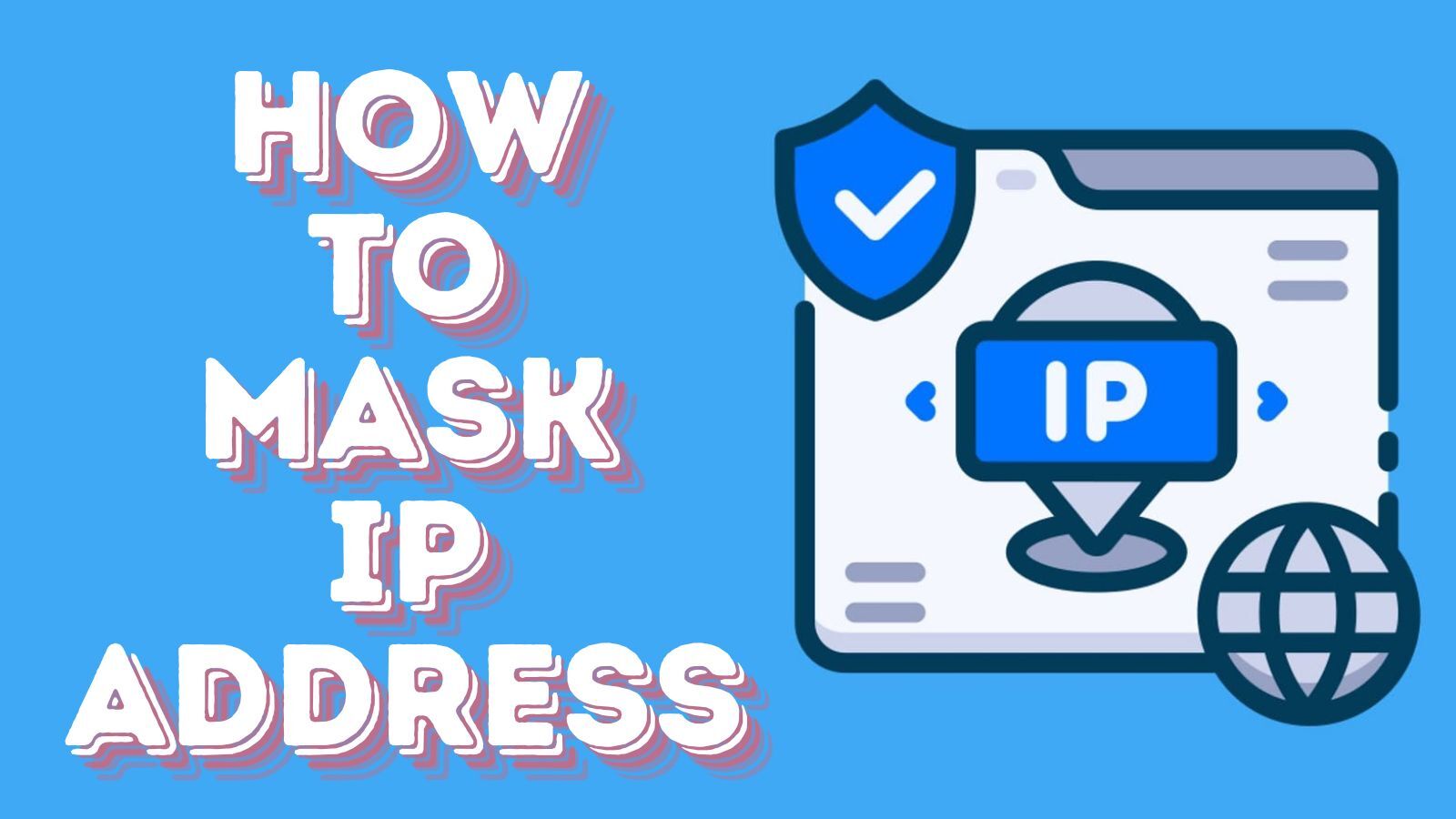How to Mask IP Address (2024 Guide)
What is In an IP Address That Needs to be Masked
When Internet users and marketers mention they need to mask their IP address, it is not because they don’t find their IP fancy — it is because there is something in it they do to want others to know and for some reason. First, your IP address is a unique identifier and if you don’t want to be identified by websites you visit, you will do yourself some help by hiding. This is great for brand protection and you wouldn’t want your competitor to know when you access their sites.
However, brand protection is just the tip. Your IP address reveals your location to anyone who has access to it online. Websites use this to geo-targeted content and block you from accessing content meant for users from other locations. Individual users can use your IP address to threaten and bully you. Some hackers could use it to shut down your insecure computer.
In severe cases, one can get court support in conjunction with local police to get your details from your Internet Service Provider (ISP) and track you down. Generally, when your IP address is available to businesses and individuals online, you are exposed to some security and privacy risks you ordinarily wouldn’t want to be exposed to. And this is the reason you will want to keep it masked.
Ways to Mask Your IP Address Online
Masking your IP address is basically replacing your IP address with a “representative one”, thereby keeping your real IP address hidden from web services and eavesdroppers online. In this section, we will be taking a look at some of the best methods of masking IP addresses.
Method 1: Use a VPN Software
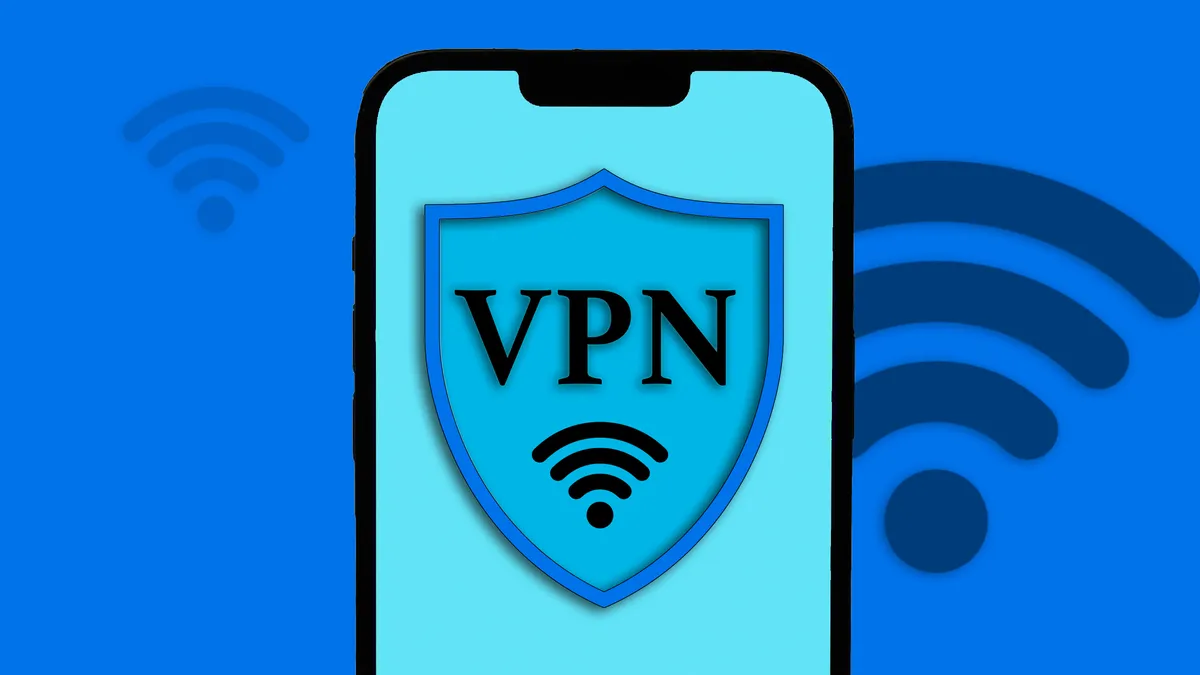
A Virtual Private Network (VPN) creates a secure and private network between your device and web services by masking your IP address and encrypting your traffic. It makes use of a VPN server that sits between you and the websites you visit. When you send a web request and you have a VPN configured, your request goes through the VPN and it is the VPN server that sends it to your target website. With this model, your target website will think the request originated from the VPN server and it is the server IP it sees, thereby keeping your IP address masked.
- Use Cases and Limitations
VPNs are marketed as a privacy and security tool that keeps your IP address masked. However, their usage is mostly for unblocking websites, accessing geo-targeted tasks, and brand protection in the case of commercial use by businesses and companies without necessarily using it for any of the aforementioned. When one needs to watch Netflix from an unsupported region, the default is to make use of VPN software.
While a VPN works, it does have its shortcomings. First, it is slower than some of the methods I will discuss later. This is due to the rerouting of requests as well as encryption which add to your response time. It does not change your IP address too often. While this is not an issue for account management and general web browsing, when you need to change IP too quickly as in the case of web scraping, it will not work. Also, most VPNs use datacenter IP addresses which can be detected easily due to their “hosting IP” label. This can be a problem on sites whose activities detect and block VPN and other proxy-related technologies.
- Cost and Recommendation
You need to install a VPN software on your device to use it and most good VPNs are paid. Some of the best VPN software in the market include ExpressVPN, NordVPN, and Surfshark. The average amount you will spend on a VPN monthly is around $10 - $13 for high-quality VPNs. Most of these services do have an annual plan that gives you great discounts.
Method 2: Use a Proxy
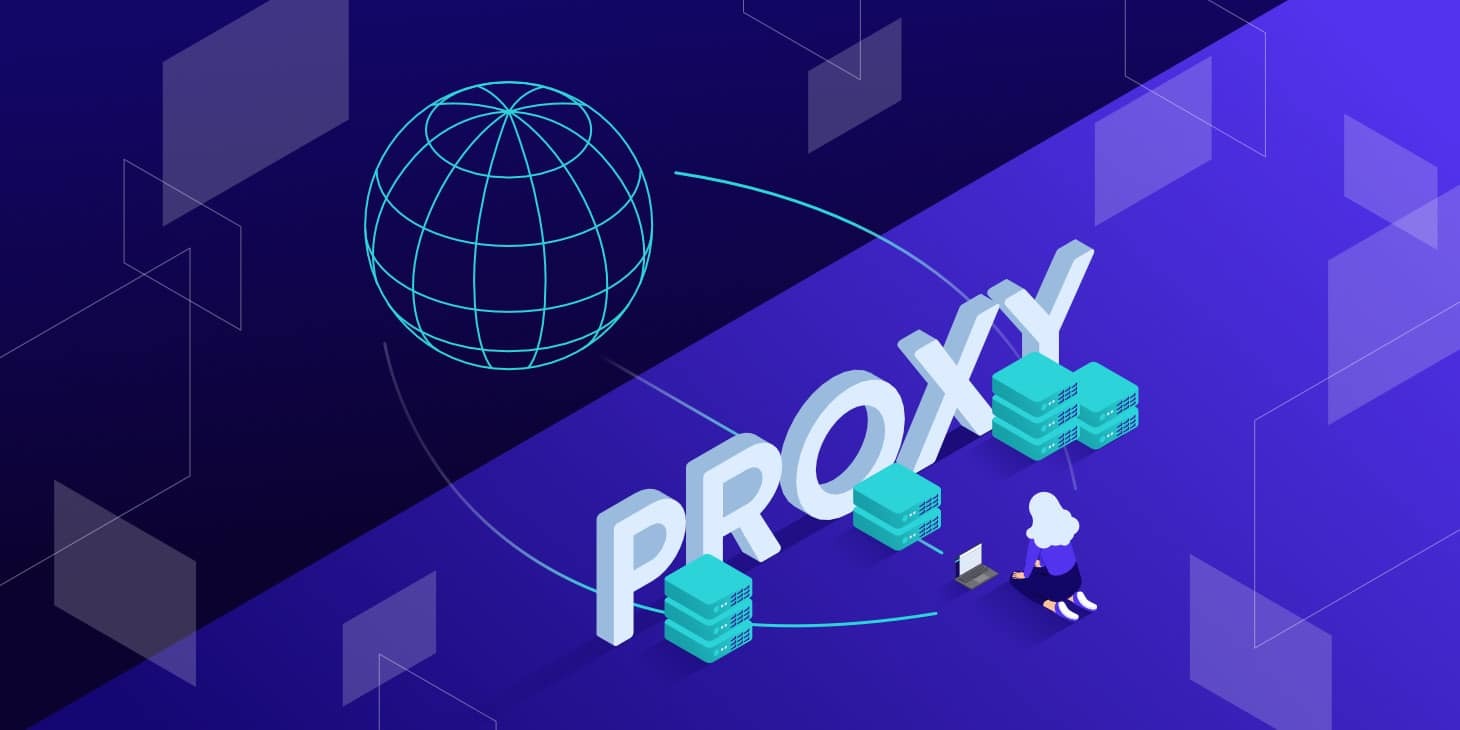
A proxy is more like a VPN software. However, it lacks encryption and does not require you to install any software. A proxy server is an intermediate server between your device and the websites you send web requests to mask your real IP address by providing you with alternative IP addresses. Unlike in the case of VPN, you need to install a website, you just need to configure it as most devices and Operating Systems come with support for proxies. There are some client software that come with support for it too.
- Use Cases and Limitations
While VPN is more popular among individuals, proxies are common among businesses and automation developers. The major use cases for proxies now are for web scraping, automation, online gaming, and auto-checkouts online. Unlike in the case of VPN, the different types of proxies are pronounced and the one you should use will be determined by what you need it for.
For rotating residential proxies, you get your IP address changed after every request, allowing you to exceed request limits set by websites. This is the best for web scraping. For these proxies that have session support, you can use them for session-based automation too. If you need to manage your accounts on social and e-commerce platforms as well as cop sneakers and scalp event tickets, ISP proxies are the best.
For some of the tough-to-access via proxy social media sites like LinkedIn and TikTok, mobile proxies are good for them. Datacenter proxies are the best for online gaming and some can be used for streaming.
- Cost and Recommendations
There are free proxies available but I would not for any good reason recommend them. Instead, you should go for the paid ones. For residential proxies, they are priced based on bandwidth. You’ll pay between $5 - $10 per GB depending on the provider you purchase from. Bright Data, Smartproxy, Soax, and Proxy-cheap are some of the best out there. For ISP proxies, you will have to pay around $3 per proxy as it allows you to enjoy unlimited bandwidth.
Proxy-seller and Smartproxy are some of the best ISP providers in the market. In the case of datacenter proxies, you will get them quite cheaply and in high quality from MyPrivateProxy and Proxy-cheap. The most expensive proxies in the market are mobile proxies and you can get them from Bright Data, Soax, TheSocialProxy, and Hydraproxy, among others.
Method 3: Use a Web Proxy
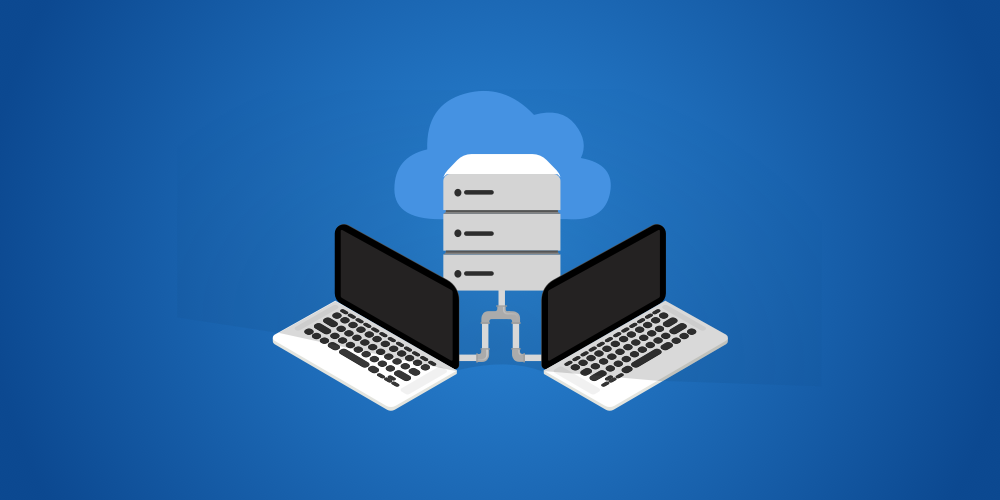
A web proxy is basically a proxy server. However, instead of you configuring it using its proxy port and IP, you just access it as a website. These are websites that you can visit and then, you use them to access other websites. These web proxies use proxy servers under the hood and sites you visit through them will see their IP address and not your IP address. Most of them are free and do not even require you to register before usage.
- Use Cases and Limitations
The only advantage of a web proxy is its ability to mask your real IP address. Because you are not provided the proxy address and port, you can’t use it anywhere else except in a browser on their website. This is highly restrictive. For this reason, the only things you can use these proxies on are unblocking websites and accessing geo-targeted content on sites. I recommend you do not use them for accessing your bank websites and crypto exchanges as your traffic can be accessed in plain text. If a malicious actor is managing the web proxy, he could monitor your activities and steal your credentials.
- Cost and Recommendations
There are paid web proxies, but I wouldn’t recommend you use a paid one. If you have the money to spend, you are better off using either a proxy or a VPN. You should use the free web proxies. Some of the best web proxies in the market include ProxySite, Hidester, HideMyAss, and CroxyProxy, among others.
Method 4: Use the Tor Network
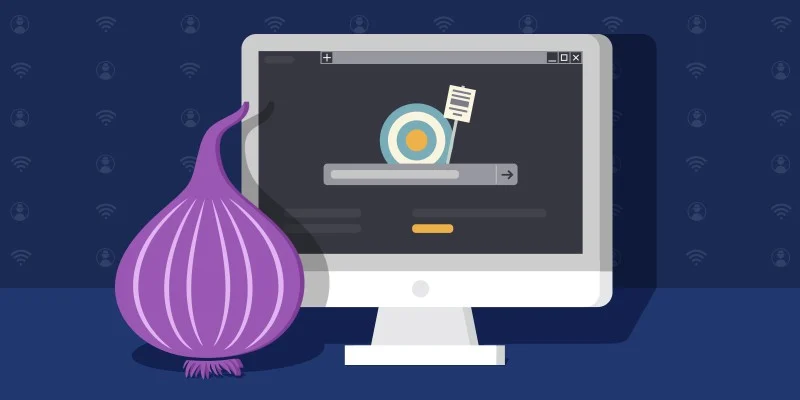
The Onion Router (TOR), is an open source protocol for anonymous web communication and access. It is made of a network of over 70K relays or nodes of independent volunteers. Unlike in the case of every other option your request gets routed once, when you send a web request via the Tor network, your request gets routed through multiple nodes, each relay or reroute, helping make it even more difficult to identify the origin of the requests. This provides the highest level of anonymity there is in the industry.
- Use Cases and Limitations
It is important you know that the Tor network is more commonly used by the bad guys than those you’ll term the good guys. Malicious hackers that operate on a large scale and target government institutions and big corporations use this. There is also a good case for the use of this one of which is the case of journalism. The Tor network is highly secure and open source. You don’t get as much protection as you will get from the rest of the methods as you will get here. However, it is also the slowest you will ever use in the market because of the multiple rerouting of your requests to remove your trace.
- Cost and Recommendations
The Tor network is free to use and open source. All you need to access this network is the Tor browser. It is also free to download. If you want a more mainstream browser, you can use the Firefox browser and install the Tor browser plugin to route requests via the Tor network. As an independent user, you can contribute your computer and make the Tor network even more secure.
Use a Wi-Fi Network
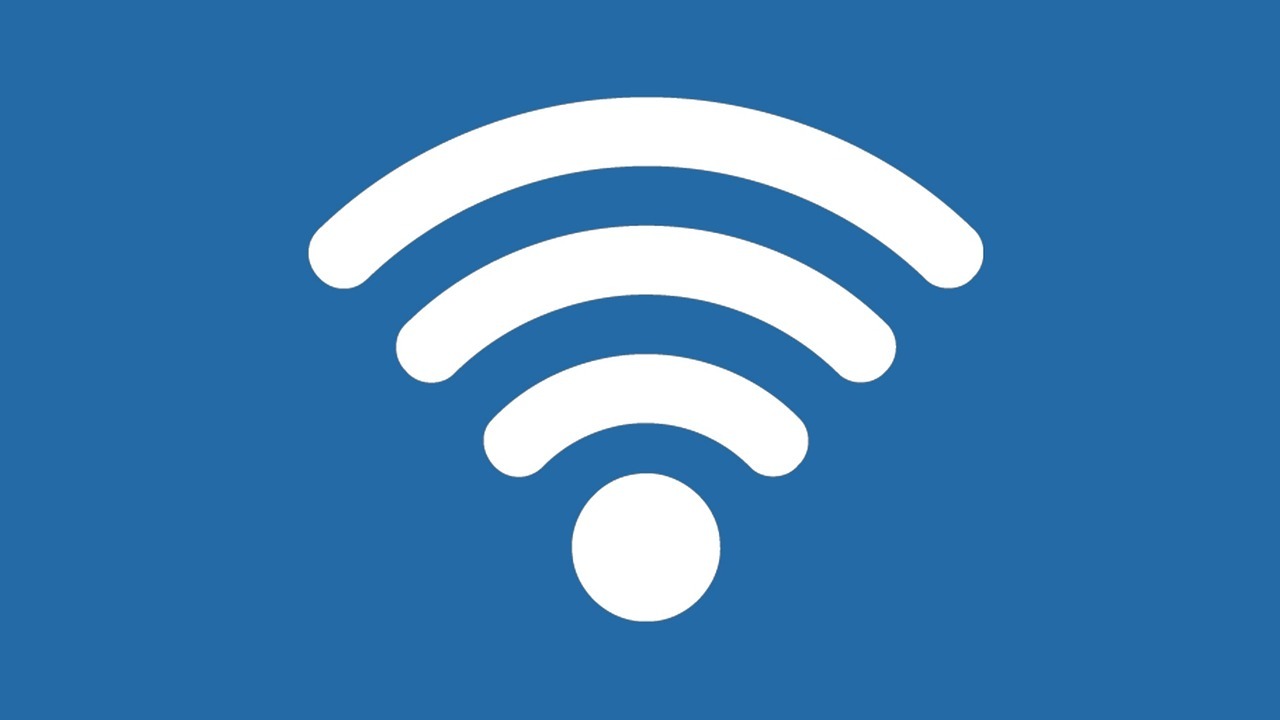
When you access the Internet via a Wi-Fi network, you are not accessing it with your IP address as at that time, you don’t even have one. Instead, you access the Internet with the Wi-Fi’s IP address. Therefore, when you use a Wi-Fi network, you are effectively using a proxy without even realizing it. One thing you need to note here is that, except for Wi-Fi networks you have control of, the usage might not be as smooth as you expect in terms of privacy.
First, Wi-Fi admins can monitor your activities and even block you from accessing certain websites. Secondly, some Wi-Fi networks because of the large number of people they provide their service identify themselves as proxy website so, they might get blocked on some websites if they get too much abuse from them.
- Use Cases and Limitations
The best WiFi you can use with certainty are the ones you test them out and can ascertain they don’t identify themselves as proxies. Use an IP lookup tool like the IPInfo.io and see whether it is identified as a proxy. If Wi-Fi is not, then you can use it.
It is important you know that when you use Wi-Fi, especially public ones, you are sharing the same IP address with others including some bad actors. You can’t effect a change of IP address nor can you include the location of the IP. This means they are not great for geo-targeted use cases. There is also the issue of privacy and your activities can be seen in plain text by the Wi-Fi admin.
Cost and Recommendation
One of the surest ways is to also use your personal hotspot or that of a friend or relative. You can also use the one at your place of work as it is more private, too. If you are using your personal hotspot, you will be responsible for the data cost. If a friend hotspot is used, he will be responsible for it. In your place of work, the cost burden is taken off you too.

